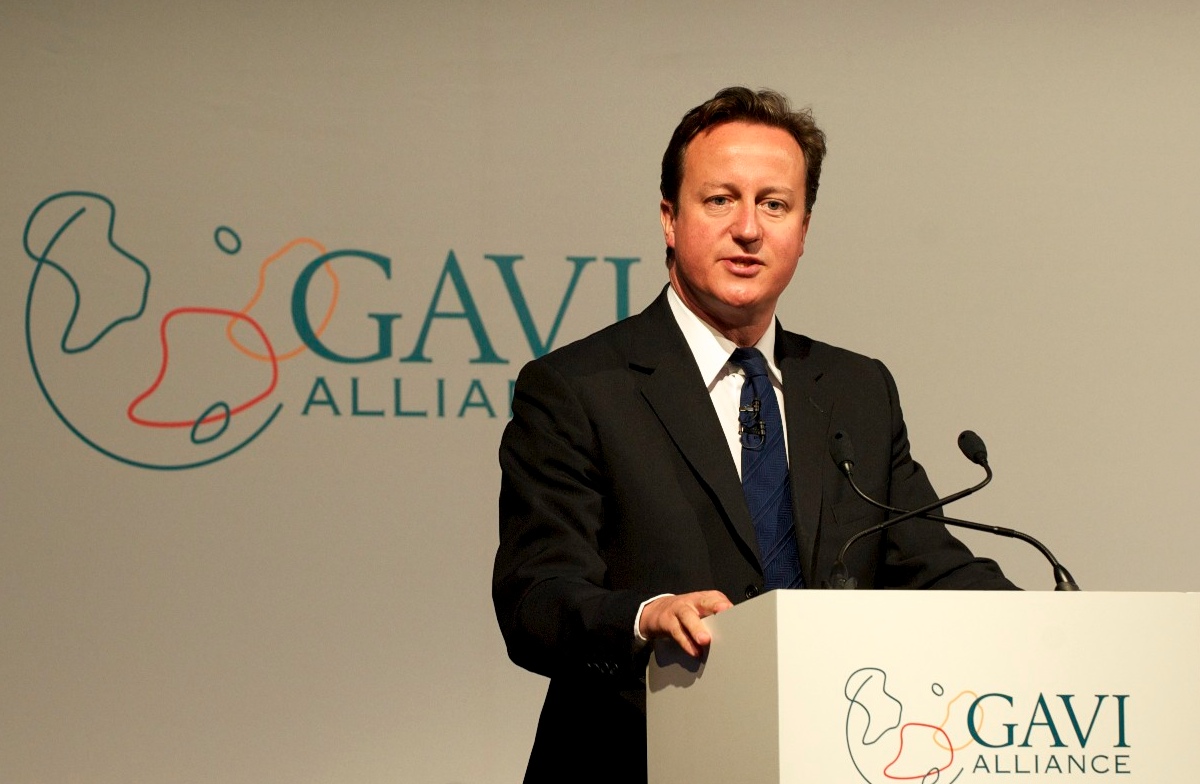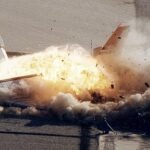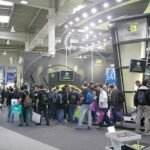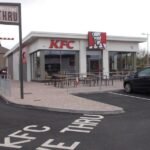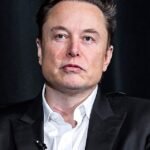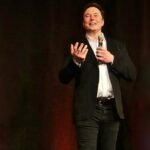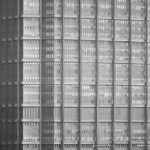Introduction
In a bold move underscoring Israel’s growing prominence in the global technology landscape, Nvidia, the U.S.-based AI and chipmaking giant, is significantly expanding its operations in Tel Aviv. The company has leased 10 additional floors in the Rubinstein Twin Towers (TOU Towers), bringing its total footprint to 18 floors and over 22,000 square meters—more than half of the 34-story building. Valued at approximately $27 million through 2032, this expansion cements Tel Aviv as Nvidia’s second-largest site in Israel and highlights the country’s emergence as a powerhouse in artificial intelligence (AI) and innovation. For Chicago’s tech community, Nvidia’s move offers insights into how global tech hubs drive economic growth and innovation, with lessons for the Windy City’s own ambitions.
Nvidia’s Growing Footprint in Israel
Nvidia’s expansion in Tel Aviv is part of a broader commitment to Israel, where the company employs around 4,500 people across seven R&D centers, including Yokneam, Jerusalem, Ra’anana, Tel Hai, and Beersheva. The Tel Aviv office, now home to about 1,000 employees, is second only to the Yokneam campus, built on the former headquarters of Mellanox Technologies, which Nvidia acquired in 2019 for $6.9 billion. The new lease, made possible after Google canceled its agreement for the same floors, will add 1,200 workstations and is expected to be operational by late 2025. Unlike many tech giants pushing for office returns, Nvidia maintains a flexible work model, yet its significant investment in physical infrastructure signals confidence in Israel’s talent and innovation ecosystem.
In addition to the Tel Aviv expansion, Nvidia is investing heavily in Israel’s AI infrastructure. The company recently announced a $500 million AI data center near Yokneam, set to begin operations in 2025, and has already launched the “Israel-1” supercomputer, one of the world’s fastest AI systems, two months ahead of schedule in 2023. These initiatives, combined with Nvidia’s collaboration with 800 Israeli startups and thousands of software engineers, underscore Israel’s role as the company’s largest R&D hub outside the United States.
Why Israel? A Hub for AI and Innovation
Israel’s rise as a tech powerhouse is no accident. With a 173% increase in active AI startups since 2014—far outpacing non-AI startup growth—the country has become a magnet for global tech giants like Nvidia, Google, Microsoft, and Intel. Israel’s tech sector contributes 18% to the nation’s GDP, employs 14% of its workforce, and drives 50% of exports, making it a cornerstone of the economy. The country’s unique ecosystem, blending academia, startups, and multinational corporations, fosters innovation in AI, cybersecurity, and robotics. Nvidia’s Tel Aviv expansion, led by Amit Krig, Senior Vice President for Networking Software, includes hiring for 150 open roles in AI, chip architecture, and infrastructure development, further tapping into Israel’s deep talent pool.
For Chicago readers, Israel’s model offers parallels to the city’s own tech ambitions. Chicago’s growing tech scene, driven by companies like Tempus and hubs like 1871, mirrors Israel’s collaborative approach. However, Israel’s success highlights the importance of sustained investment in R&D and partnerships between universities, startups, and global firms—strategies Chicago could amplify to compete on the global stage.
Implications for Chicago’s Tech Community
Nvidia’s investment in Tel Aviv has broader implications for cities like Chicago, which are vying to become global tech hubs. The expansion demonstrates the value of creating a robust ecosystem where innovation thrives through collaboration. Chicago’s tech sector, while growing, faces challenges like retaining talent and attracting large-scale investments. Nvidia’s commitment to Israel, even amidst regional challenges, shows that strategic investments in infrastructure and talent can yield long-term gains.
Moreover, Nvidia’s focus on AI aligns with Chicago’s strengths in data analytics and healthcare tech. For example, Chicago-based Tempus leverages AI for precision medicine, much like Israel’s AI-driven healthcare startups. By fostering similar public-private partnerships and investing in AI infrastructure, Chicago could attract more global players like Nvidia, boosting its economy and creating high-tech jobs.
Challenges and Opportunities
While Nvidia’s expansion signals confidence, it also highlights challenges. Israel’s tech boom has exacerbated income inequality in Tel Aviv, where luxury towers overshadow poorer neighborhoods, a dynamic Chicago knows well in areas like the South Side. Ensuring equitable growth is critical for both cities to avoid the pitfalls of tech-driven gentrification. Additionally, geopolitical tensions, such as the 2023 Hamas attack that led Nvidia to cancel its Tel Aviv AI Summit, pose risks to sustained investment. Yet Nvidia’s continued commitment, including a $15 million donation to support civilians affected by the Gaza conflict, demonstrates resilience in the face of adversity.
For Chicago businesses, Nvidia’s Tel Aviv expansion offers a playbook: invest in cutting-edge infrastructure, nurture local talent, and build global partnerships. As Chicago competes in the AI race, learning from Israel’s success could position the city as a Midwest tech powerhouse.
Conclusion
Nvidia’s bold expansion in Tel Aviv is more than a real estate deal—it’s a testament to Israel’s rise as a global leader in AI and technology. With over 4,500 employees, a $500 million AI data center, and the “Israel-1” supercomputer, Nvidia is doubling down on the Start-Up Nation’s innovation ecosystem. For Chicago, this move serves as both inspiration and a call to action. By investing in AI, fostering collaboration, and addressing inequality, Chicago can emulate Israel’s success and carve out its own place in the global tech landscape. For more insights on building tech ecosystems, visit TechBit’s Guide to Innovation Hubs.
Author Bio: Charles dekins is a tech analyst with a passion for exploring global innovation trends. Based in Chicago, they write about how cities like Chicago can learn from tech hubs worldwide to drive economic growth.





